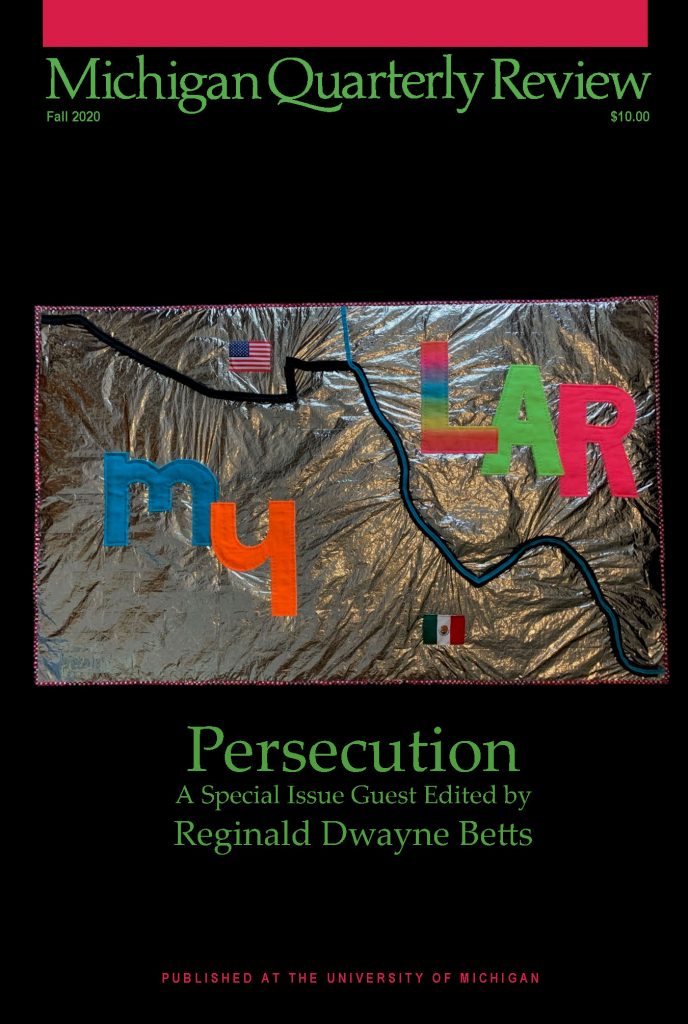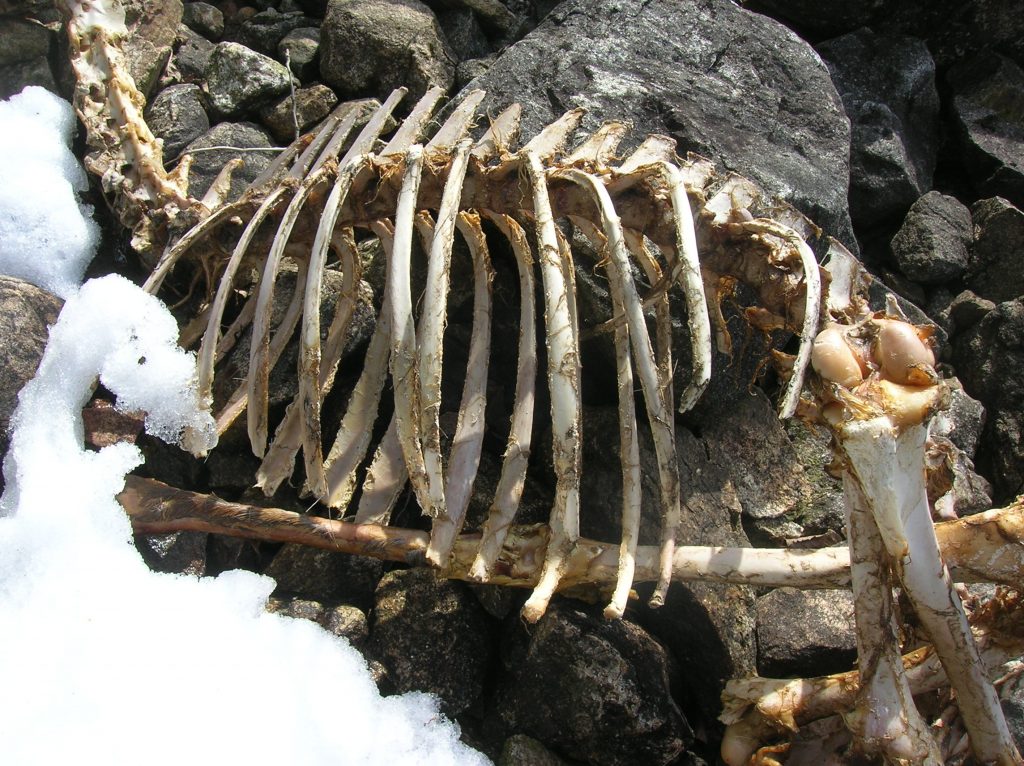Why I Chose It: Michigan Quarterly Review Reader David Freeman introduces Charlie Clark’s poem, “Devil Always Thought Pelagius Was a Second-Rate Christian,” from our Fall 2020 Issue.
When I read Charlie Clark’s virtuosic poem, “Devil Always Thought Pelagius Was a Second-Rate Christian,” I am conflicted. To be clear, I am not conflicted about the poem’s content — it is a heartbreaking narrative told with absolute clarity. Nor am I conflicted about the poem’s rigor — every line of the poem is perfectly calculated to form a massive, coherent sentence laid out with a nearly Miltonian confidence. Rather, when I read this poem I am conflicted about what, exactly, the poem has done to me. Near the end of the poem, Clark writes that the central figure, Pelagius, “ran his hands through the ashes / And sang their story back to them,” and, as I read that I ask myself: am I running my fingers through the ashes of this poem? Or is the poem running its fingers through me?
From the first line of the poem, it is clear that we are in affectionate, capable hands. The figure of the persecuted theologian is clear and intimate — his smell, his voice, his practice are all depicted with loving attention. As the poem progresses, we learn that the figure is inflicted with suffering, yet this suffering does not affect him. Or if it does affect him, it affects him in the same way that beauty does. Clark writes, “the pain [altered] his clarity no less than the shyly enflamed loveliness/of his flowers.” What then, are we to make of the beauty of the poem? Does it prepare us in the way suffering does? And if so, for what?
I began by saying that Clark’s poem leaves me conflicted, but it is not a conflict that leaves me wanting. Rather, it is one of the repeated conflicts we face when writing about persecution. What are we to do in the face of it? What song, when it is occurring, do we sing? And what do we sing when it’s passed? Through the figure of Pelagius, Clark asks us to consider these questions and to risk embodying them, risk allowing ourselves to run our hands through the poem’s music, and allow the poem to reduce us, and run that same music through us.
Hit play below to hear Charlie Clark read his poem “Devil Always Thought Pelagius Was a Second-Rate Christian.” and scroll down for the full text. “Devil Always Thought Pelagius Was a Second-Rate Christian“ is featured in MQR’s Fall 2020 Issue.
Devil Always Thought Pelagius Was a Second-Rate Christian
heretic whose sweat smelled of star anise and who sang of the
drooping heads of the sunflowers
he cared for as blessed in a time when heresy mattered, such that
eventually he was taken
from his flowers and made to sit by a fire and with a metal scoop pour
its ashes down his chest,
gagging on their dust, the pain altering his clarity no less than the
shyly enflamed loveliness
of his flowers had; the pain making of him a muscle that would prefer
to be a stone,
a large one, cleanly broken just the once and left, where into that cleft
ashes could fall
the way they fell between his legs, in a mound from which, to him,
they sang,
the ashes, a song that filled his head such that each afternoon when
the inquisitors came
the song was all he had to confess, though by then their offers hardly
mattered;
each night, after the guards drank themselves to sleep, he ran his
hands through the ashes
and sang their story back to them: their birth, their falling, how they
extinguished each other
in an ever larger pile; he sang it repeatedly, deftly, gently, and in his
gentleness he patted
the ashes like a child does its dog; and when finally the sun, the
guards, the criminals
he lay with rose, to his relief among the ashes at least he could find no
light left to know.




